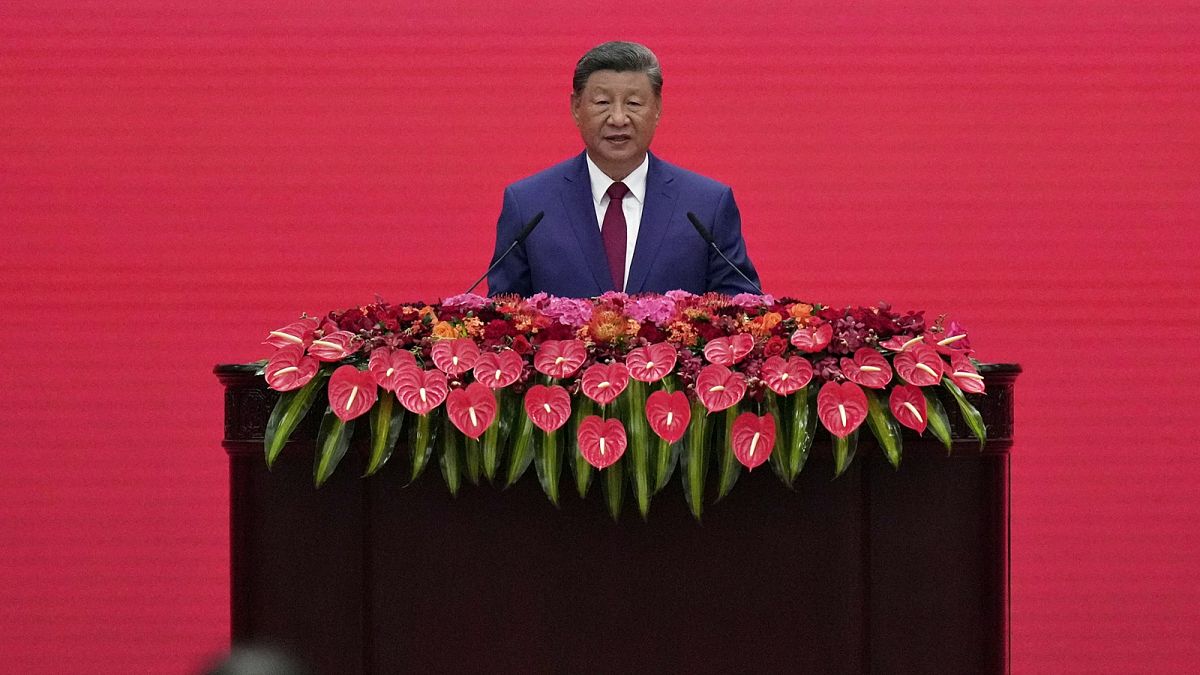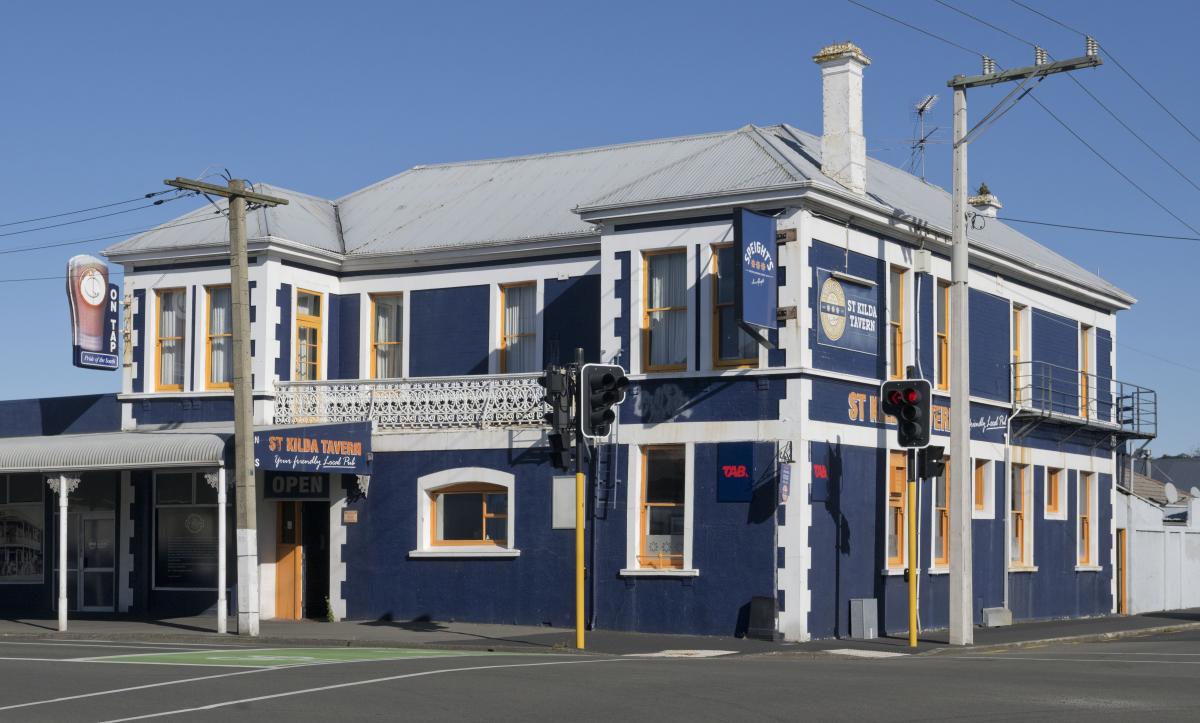Stats NZ figures show the price of electricity has gone up almost 9 percent in the past year.
Some people have told Checkpoint they are in bed by 5pm to save on heating costs, while others take extreme measures, like turning off their hot water cylinder or bathing in cold water.
However, Consumer NZ Powerswitch manager Paul Fuge told Checkpoint people could make significant savings on their bill, if they cut back on their energy use.
“Typically, we would say [you can save] around 20 percent, if you’re really disciplined.”
He said the price of energy had increased significantly, resulting in more people getting into energy hardship and struggling to pay their power bills.
“One in five have experienced financial difficulty in paying their power bill over the last year and around the same number basically missed a payment because of that. That results in late fees, so the issue compounds.”
The top household energy user was hot water, amounting to around 30 percent of an average home’s electricity bill. Fuge said this was followed by refrigeration at 17 percent and space heating at 15 percent.
“Those are the biggest things that use energy and offer the biggest potential to save money.”
He said the most effective way was to get on to a time-of-use plan, enabling energy usage at times of day when the price was cheaper.
“The price of electricity is constantly changing and it’s higher when more people are using electricity.
“That’s early morning, when people are getting up and getting ready for work, and in the evening, when people are coming home. That’s the highest price of electricity on the wholesale market.”
At times, like the middle of the night, when there is less demand for power, the price falls.
“Retailers take advantage of this and buy electricity at lower cost periods, and pass those savings on through time-of-use plans.”
He said this included keeping your hot water cylinder on a timer, heating it up in the middle of the night, when electricity is often half the price, and again in the middle of the day, another off-peak time.
Not every hot water cylinder operates on a timer system, typically only newer models.
Fuge said the age of appliances also had a significant impact on its efficiency.
“Modern appliances are much more efficient than the old ones, particularly things like fridges, but also hot water cylinders.”
While some may be tempted to power off the hot water cylinder completely to save costs, Fuge warned strongly against it.
“We would not recommend doing that at all, because you can get diseases in the hot water cylinder, when the water’s not hot enough, particularly legionnaires’ disease, which sort of thrives in those warm stagnant water temperatures.”
He said another key energy drainer was the ‘beer fridge’.
“Modern fridges are way more efficient than the old fridges and that’s a real saving.
“We stick that old fridge at the bach or out in the shed, so you get an old inefficient appliance in an environment that it’s not designed for and it’s a perfect storm of badness in terms of electricity consumption.”
Fuge said, while the key way to save was a time-of-use plan, it wouldn’t suit every household’s needs perfectly.
“If you can use those high-consumption appliances away from peak times and move them into cheaper times, there’s some potential savings there, but I would caution that it requires discipline and it doesn’t suit all households.”















